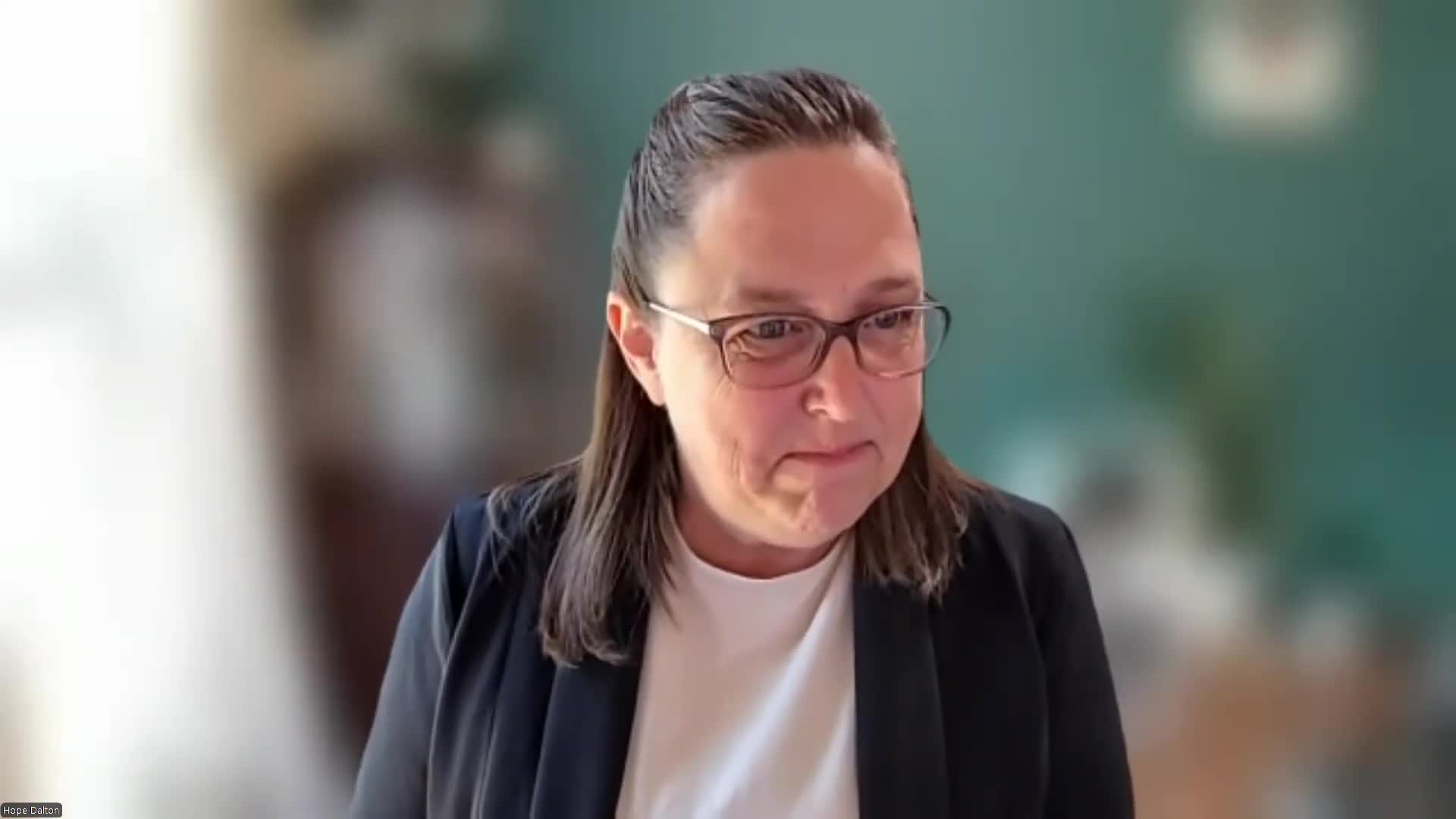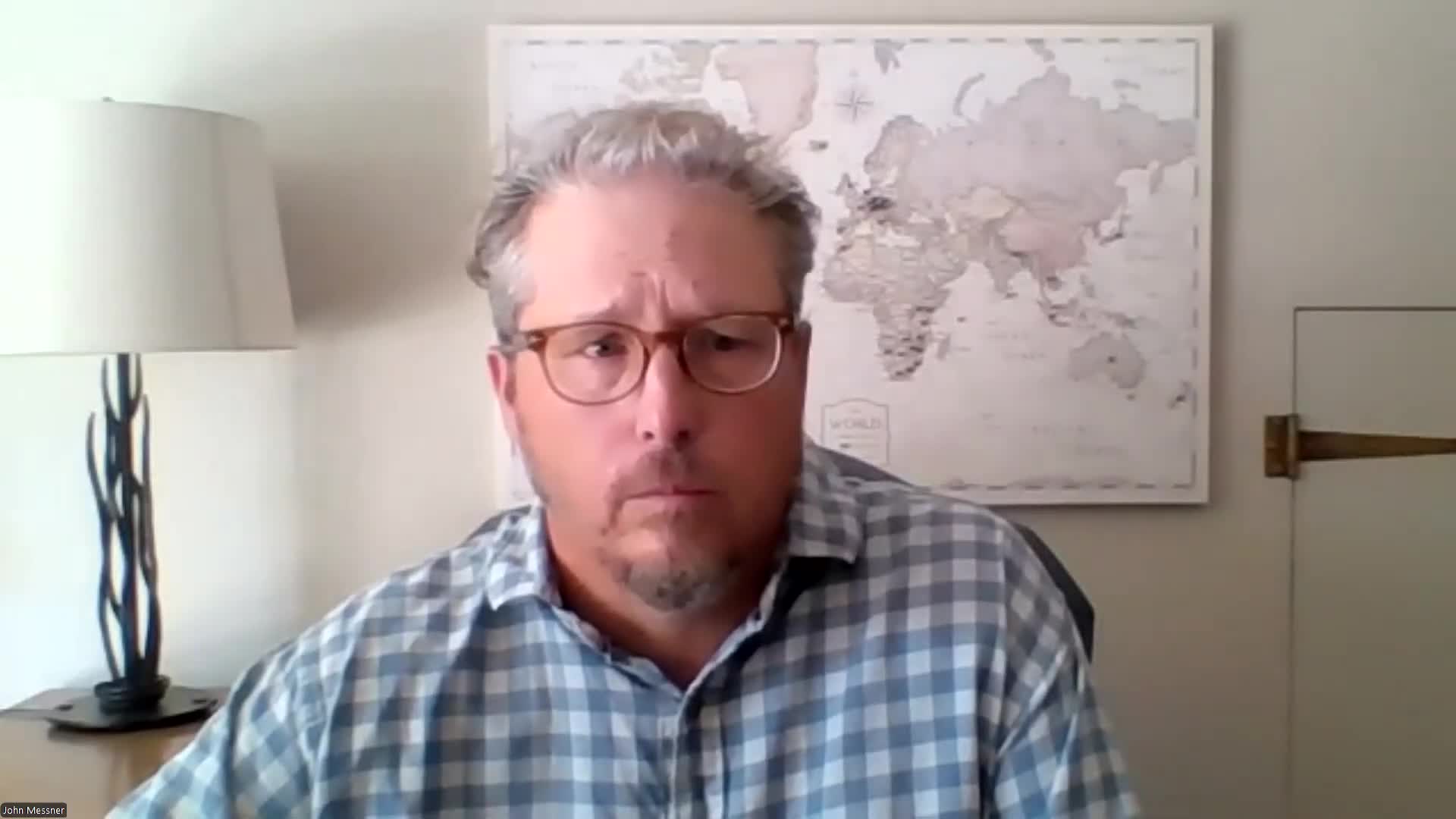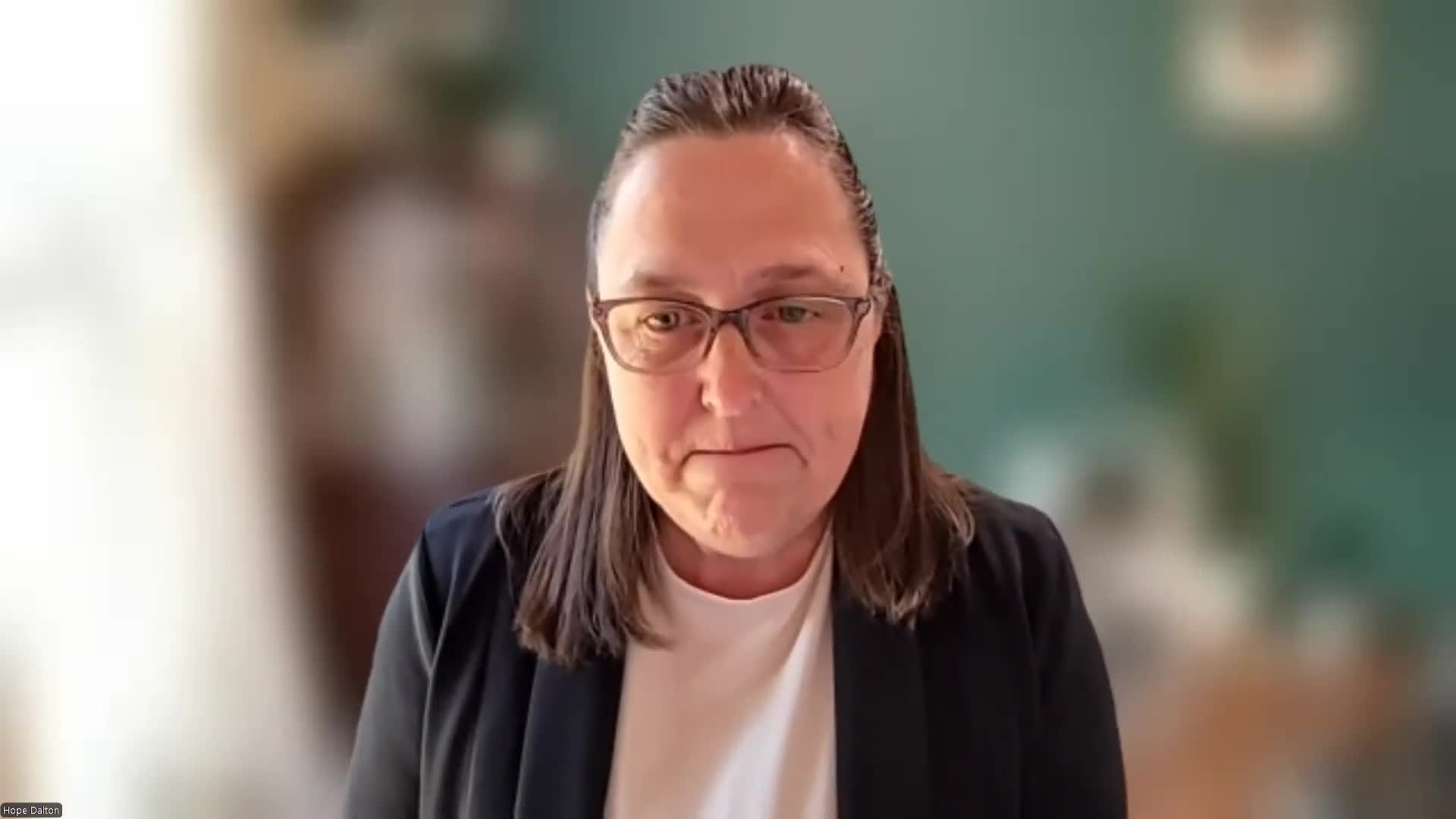Article not found
This article is no longer available. But don't worry—we've gathered other articles that discuss the same topic.

Consortium examines barriers, emissions and equity concerns for siting centralized produced‑water facilities in disproportionately impacted communities

Consortium lays out 2025–26 work plan and timeline to review ECMC produced‑water rules

